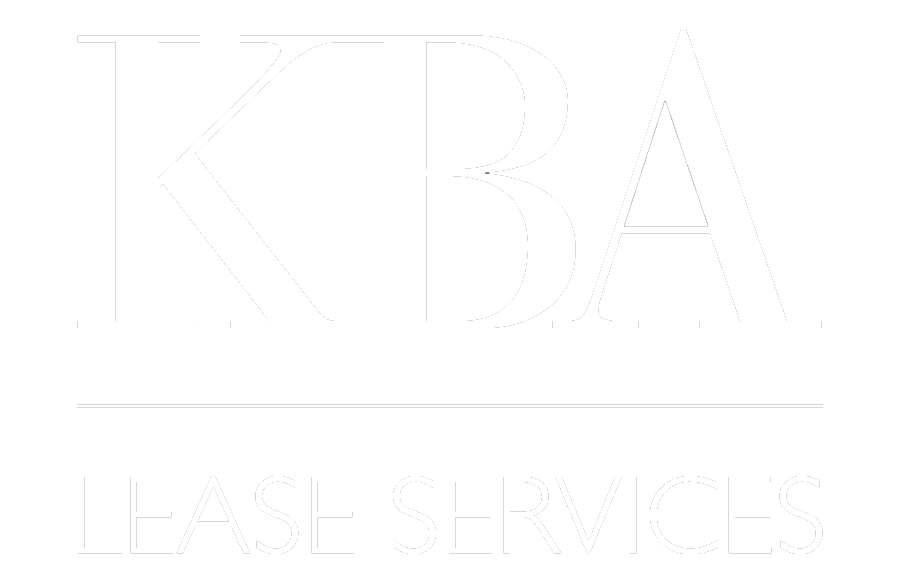“We’ve retained a lease audit firm and they’ll contact you to set up an appointment.” Landlords often dread the news. They rarely anticipate anything positive from a lease audit. They also fear that the lease audit firm may waste their time and drive a wedge between them and their “customer,” the tenant. But is this fear justified? What is the audit all about, anyway? What is the tenant seeking?
It’s That Time of Year Again
Stop Giving Away Your Audit Rights
It happens all the time. A tenant discovers an overbilling in its rent but can’t do anything about it because it missed the 60-day deadline for notifying its landlord about the mistake. Tenants need to understand that these restrictions serve no purpose other than to inhibit them from the legitimate and fair business goal of ensuring that the landlord is charging them as agreed.
Expense Escalation Caps
Commercial Lease Occupancy Cost Measurement
So you’ve got your leases abstracted, imaged and into a database or spreadsheet and life is good. You and your broker are handling renewals and the information to answer basic questions is at your fingertips. Then someone asks you a seemingly simple question: “What do we pay on average per square foot?” At first glance, it has a simple answer; or does it?
Lease Administration vs. Lease Auditing
Although lease administrators do a great job in reviewing and paying rents every month, it is very difficult for them to identify every billing anomaly that may exist. By supplementing its lease administration function with lease auditing, a company can cost-effectively reduce leasing expenses and improve its bottom line.
